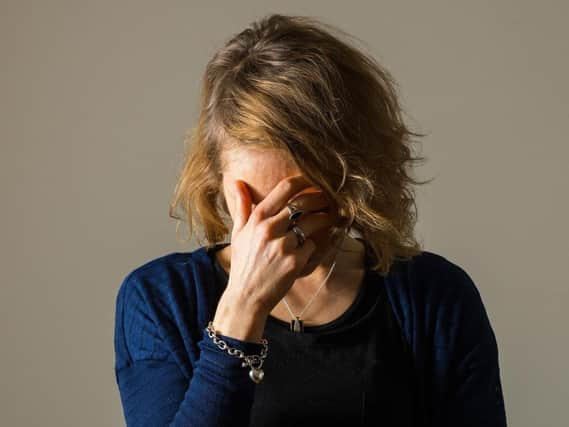Cancer victims at greater risk of suicide


While the danger of suicide was elevated among all people diagnosed with cancer, the new study highlighted how some cancers held significantly higher risk than others.
Suicide risk was highest in the first six months following cancer diagnosis, but it continued to be elevated for at least two years, experts from Public Health England and University College London found.
Advertisement
Hide AdAdvertisement
Hide AdPatients diagnosed with mesothelioma, pancreatic, oesophageal, lung and stomach cancers were found to be at highest risk, according to the abstract of the study which is to be presented to Public Health England’s Cancer Services, Data and Outcomes Conference in Manchester.
Researchers examined data on more than four million cancer patients between 1995 and 2015. They identified more than 2,000 cancer patients who died by suicide.
Overall, a cancer patients risk of suicide was 19 per cent higher than the general population. The risk was highest among mesothelioma patients, where the researchers found a 4.34-fold increased risk.
The authors said the finding suggests a need for “improved risk stratification” across cancer services coupled with targeted psychological support.
Advertisement
Hide AdAdvertisement
Hide AdDr Jem Rashbass, cancer lead at Public Health England, said: “Receiving a cancer diagnosis can be devastating, which is why it’s so important for every patient and their carers to get the support they need. This study shows how critical the first six months are to improving quality of life and reducing the risk of suicide.
“Health professionals play a vital role in offering emotional support to cancer patients at this most difficult time. It is important that they recognise the signs of depression, especially when their patients may often have many other physical needs.”
Andrew Kaye, head of policy at Macmillan Cancer Support, added: “Being told you have cancer is like being plunged into the unknown and can be an incredibly difficult and frightening time. That’s why it’s so important that people are given the right support to find their best way through from the moment they’re diagnosed.”